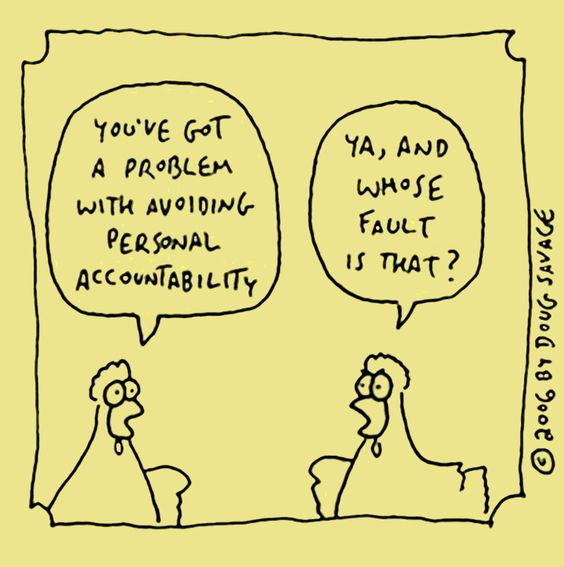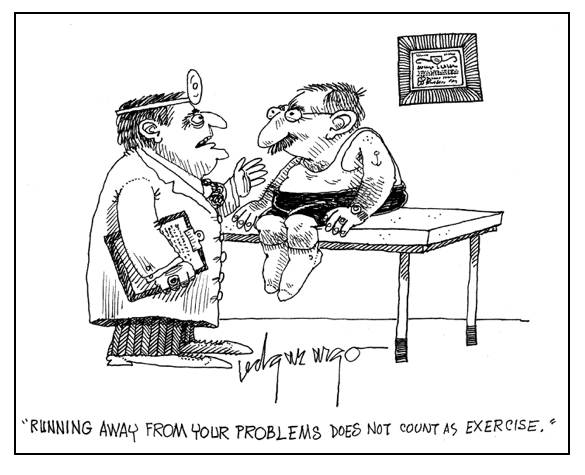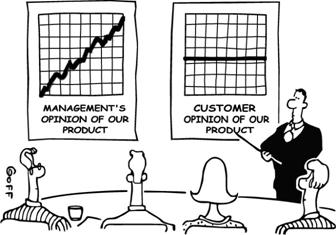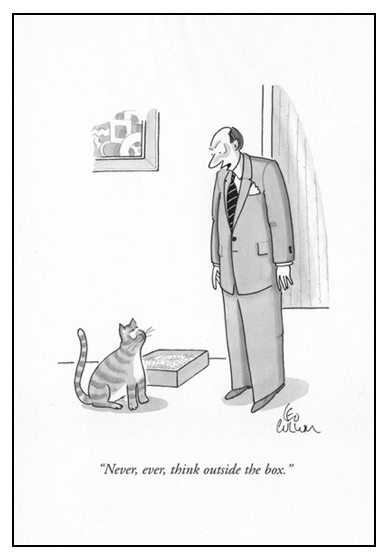 Life is a sum of all your choices. Albert Camus
Life is a sum of all your choices. Albert Camus
In his book, The 8th Habit, Steven Covey says, “Fundamentally, we are a product of choice, not nature (genes) or nurture (upbringing, environment). Certainly genes and culture exert strong influence, but they do not determine. Next to life itself, the power to choose is your greatest gift. This power and freedom stand in stark contrast to the mind-set of victimization and culture of blame so prevalent in society today.”
Covey shares three sentences that underscore the power and importance of our freedom and ability to choose:
- Between stimulus and response there is a space.
- In that space lies our freedom and power to choose our response.
- In those choices lie our growth and happiness.
Throughout each day, and life itself, you continually receive both negative and positive stimuli. Often, you have little control over what comes your way.
- Someone at work unleashes an angry tirade on you.
- You are given an incredible opportunity at work.
- You see a billboard with a seductive picture on it.
- You hear disappointing news.
- Someone compliments how you look.
- Your car breaks down.
- Your child becomes ill.
- You are seriously injured in a car accident.
- You get a raise at work.
Immediately following the stimulus there is a space—a period of time—during which you choose your response. And herein, Covey says, is your opportunity to control and shape your life and destiny. You have minimal control over what comes your way, but you have ultimate control over how you respond to it.
Some people don’t want to accept responsibility for how they respond. When battered by difficult events, they assume the role of the victim and begin to blame others. When good things happen, instead of being grateful, they feel entitled. When you acknowledge your power to choose how you respond to life’s events, you assume control and responsibility for your life.
We not only make choices in response to stimuli, we are also responsible for the stewardship of our lives—how we spend our resources of time and talent. This is primarily an issue of initiative or lack of it. How many years have you been an independent, self-regulating adult and what have you done with your life during those years? If we assume that the first 17 years of your life were orchestrated for you and you are now 35 years old, you have been solely responsible for the majority of your life (18 years), and that percentage is growing every day.
Amazingly, our capacity to choose is so powerful that we are not even restrained by our past choices; we can choose to change our decisions and/or correct our mistakes. For instance, perhaps you’ve never developed any marketable skills; you can choose, today, to change that. Perhaps you’ve been in the wrong career; change careers. You are not a tree—move.
Here’s a list of some important areas in which you have or can make choices. Carefully consider how your decisions in each area have shaped who you are and how they will impact your future.
Skill development—relationships—values—beliefs—virtues—attitudes—habits
[reminder]What are your thoughts about this essay?[/reminder]

 All leaders can become good problem-solvers. To do so, they must do four things: Anticipate problems before they occur; maintain a positive attitude while they occur; use all their resources to solve them as quickly as possible so they cease to occur; learn from them so the same problems do not occur again. —John Maxwell, Developing the Leaders Around You
All leaders can become good problem-solvers. To do so, they must do four things: Anticipate problems before they occur; maintain a positive attitude while they occur; use all their resources to solve them as quickly as possible so they cease to occur; learn from them so the same problems do not occur again. —John Maxwell, Developing the Leaders Around You
